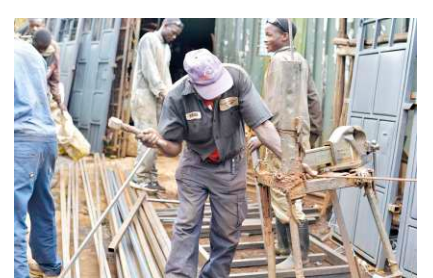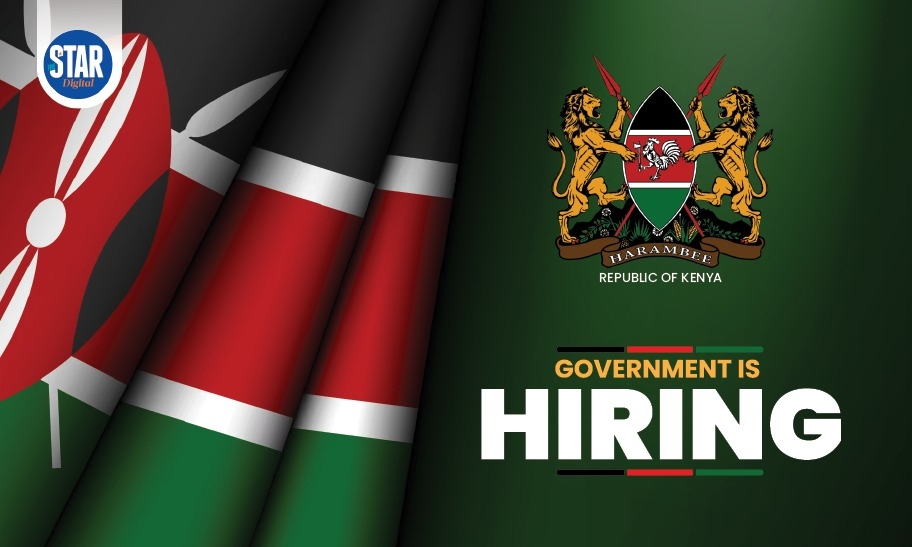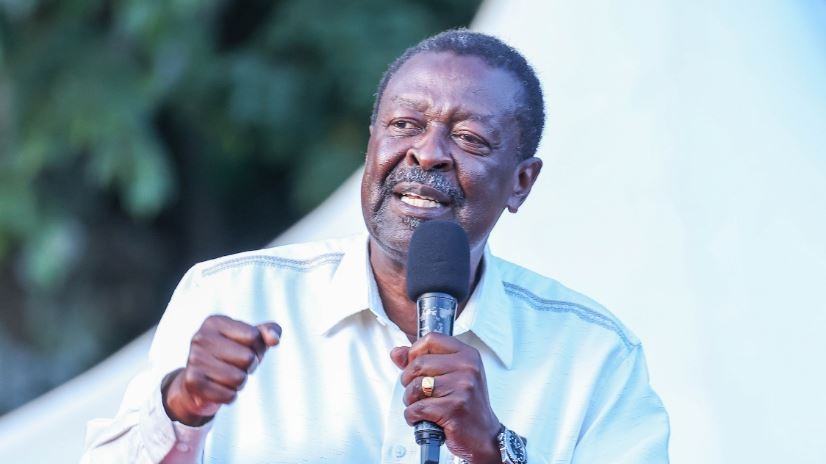

National Treasury has disbursed Sh2.63 billion to micro, small and medium enterprises (MSMEs) to boost business recovery and resilience in the past one year
The funds disbursed under the Supporting Access to Finance and Enterprise Recovery (SAFER) Project, reached 36,990 beneficiaries across 32 counties.
The five-year programme, funded at Sh7.1 billion was created to plug financing gaps in the MSME sector that deepened during the Covid-19 pandemic.
The initiative, implemented through the Treasury’s Project Implementation Unit in partnership with the Kenya Development Corporation (KDC), was launched to address financing gaps in the MSME sector, which were worsened by the Covid-19 pandemic.
“Of these, 12,221 are women, with 28.8 per cent of loans extended to women-owned enterprises. About 9.7 per cent of the total financing has gone into green economy and climate-smart projects,” reads a statement by KDC in part.
According to Treasury officials, the SAFER Project is also embedding Environmental, Social, and Governance (ESG) principles into lending, requiring participating financial institutions (PFIs) to conduct environmental and social risk assessments to ensure sustainability.
The government has in recent years intensified efforts to expand credit access for micro, small and medium enterprises (MSMEs) through targeted financing programs and partnerships with development institutions.
This week, stakeholders are holding a four-day technical assistance session in Nairobi to strengthen the operational capacity of PFIs.
The discussions, involving regulators such as the Sacco Societies Regulatory Authority (SASRA), are focused on improving compliance monitoring, financial reporting and data-sharing for greater accountability.
In the coming phase, the project is expected to absorb the Digital Lending Window to accelerate access to affordable credit and expand financial inclusion.
Kenya has an estimated 7.4 million MSMEs employing between 14.4 million and 14.9 million people and contributing up to 40 per cent of the country’s GDP, according to official data by KNBS.
Despite their central role in the economy, most of these businesses remain locked out of formal credit.
Only about 16 per cent—roughly 1.1 million MSMEs have access to formal financial services, leaving the remaining 84 per cent reliant on informal financing channels.
Analysts say the limited access to loans is driven by barriers such as lack of collateral, informal operations and thin or non-existent credit histories, which prevent many small businesses from qualifying for bank financing.
The demand for MSME loans is estimated at Sh4 trillion, but commercial banks and other formal lenders supply only about Sh700 billion.
This leaves a financing shortfall of nearly Sh3.3 trillion (over $30 billion), underscoring the scale of the funding gap that continues to constrain growth in the sector.


















